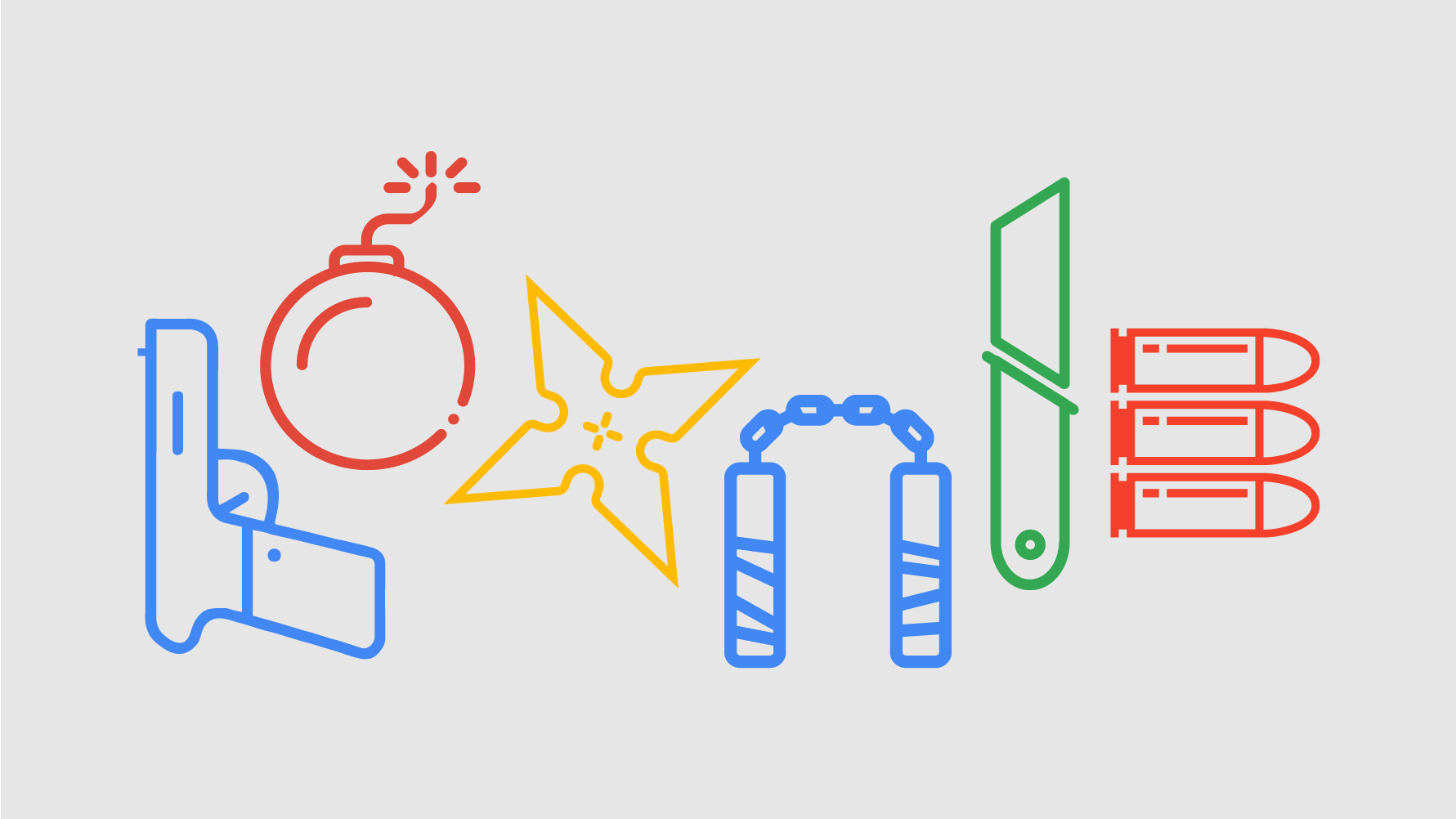Don’t be AI-vil: Google says its algorithms will do no harm

Google has created an artificial-intelligence code of ethics that prohibits the development of autonomous weapons. But the principles leave sufficient wiggle room for Google to benefit from lucrative defense deals down the line.
The announcement comes in the wake of significant internal protest over the use of Google’s AI technology by a Department of Defense initiative called the Algorithmic Warfare Cross-Functional Team. The goal of this venture, known internally as Project Maven, is to improve the accuracy of drone strikes, among other things.
Last month a dozen Google workers quit over the scandal, and many more signed an open letter of protest.
The uproar captures the fears many have about how technology might help automate warfare in the future. The situation is not simple, however.
Artificial intelligence could help make some weapons systems safer and less error prone. There are also many mundane applications of AI across the defense industry. Google doesn’t want to disavow this huge potential market for its cloud AI technology.
Google’s CEO, Sundar Pichai, announced the new code in a blog post today. It suggests seven principles for guiding Google’s use of AI, stating that it should benefit society; avoid algorithmic bias; respect privacy; be tested for safety; be accountable to the public; maintain scientific rigor; and be made available to others in accordance with the same principles.
But Pichai also took pains to state that Google would not allow its AI technology to be used to develop anything that could cause harm, including “weapons or other technologies whose principal purpose or implementation is to cause or directly facilitate injury to people.”
Pichai said Google would also avoid developing surveillance technology that violates internationally accepted norms on human rights, or any technology that contravenes international laws.
Artificial intelligence is developing quickly, and Google has run into other problems involving AI projects. One of its computer vision systems, for example, repeatedly misidentified people of African heritage as gorillas. The company abandoned its “Don’t be evil” motto this April, but it retains an idealistic culture.
Military uses of artificial intelligence could be increasingly contentious as the technology is adopted in new ways and companies seek to sell their cloud AI technology as widely as possible.
Machine learning and artificial intelligence will inevitably become more important for intelligence and defense work. Other US tech companies, including Amazon and Microsoft, have bid on a multibillion-dollar cloud computing project with the Pentagon.
Deep Dive
Policy
Is there anything more fascinating than a hidden world?
Some hidden worlds--whether in space, deep in the ocean, or in the form of waves or microbes--remain stubbornly unseen. Here's how technology is being used to reveal them.
A brief, weird history of brainwashing
L. Ron Hubbard, Operation Midnight Climax, and stochastic terrorism—the race for mind control changed America forever.
What Luddites can teach us about resisting an automated future
Opposing technology isn’t antithetical to progress.
Africa’s push to regulate AI starts now
AI is expanding across the continent and new policies are taking shape. But poor digital infrastructure and regulatory bottlenecks could slow adoption.
Stay connected
Get the latest updates from
MIT Technology Review
Discover special offers, top stories, upcoming events, and more.